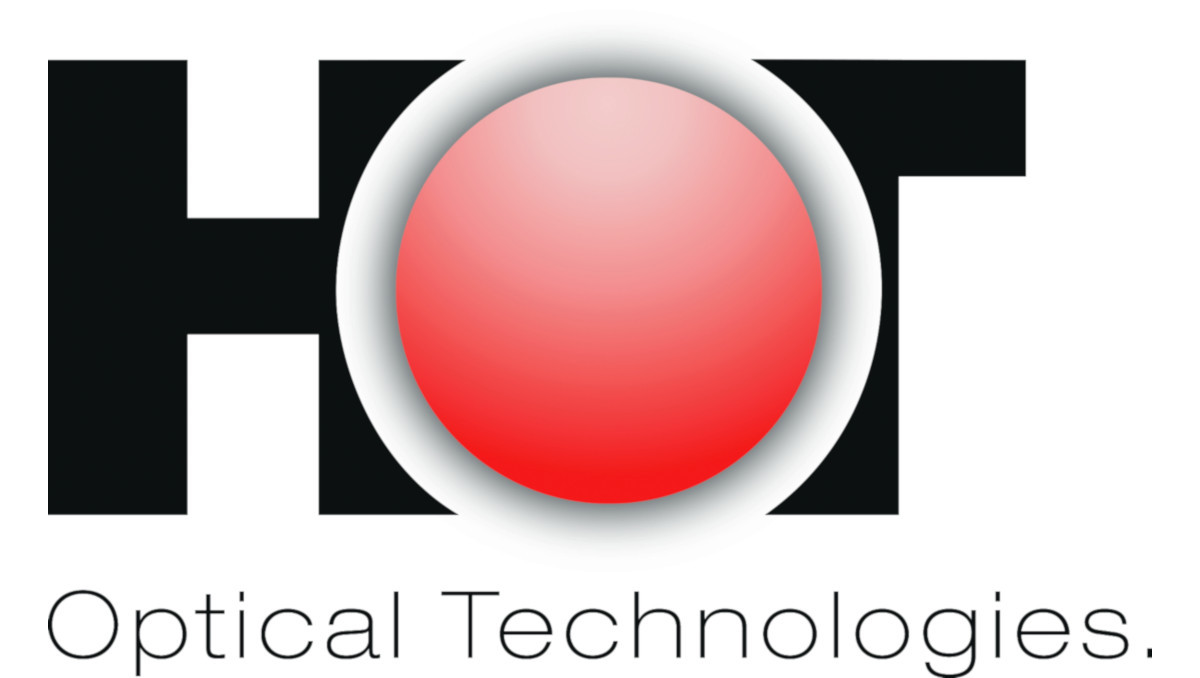Prof. Dr. Michael Kues and the staff of the Hannover Centre for Optical Technologies (HOT) and the Cluster of Excellence PhoenixD at Leibniz University Hannover have reason to celebrate. Kues'' research assistant Dr. Raktim Haldar has received one of the coveted Humboldt Research Fellowships from the Alexander von Humboldt Foundation. He will now receive a monthly fellowship for a total of 24 months starting in May 2021.
"I am pleased about the sponsorship. Now I can intensify my research on photonic quantum networks," says Dr. Halder. The project aims to realise quantum neural networks, combining quantum information processing and artificial neural networks within an integrated photonic platform.
These networks help to improve quantum encryption systems'' performance or characterise the performance of non-classical computers such as quantum computers. Recently, Google built a superconducting quantum processor (Sycamore). Then why did you choose ''Photonics''? "Photonics works fine at room temperature, therefore, accessible to all," Raktim answers.
Meeting with Nobel laureates
"In addition to exploring my scientific questions, this fellowship will help me build a strong professional network through several Humboldt meetings organised each year. I am incredibly pleased to be able to attend the Landau Nobel Laureate Meeting, where only a few young researchers can exchange ideas with Nobel laureates. The Humboldt Foundation offers us the once-in-a-lifetime opportunity to take part in this programme. The Foundation also offers numerous travel grants and allowances so that research results can be presented in seminars and at conferences worldwide. In the 21st century, research cannot take place separately from society," says Haldar.
A native of India, Haldar completed his Ph.D. in 2019 at the Department of Electronics & Electrical Communication Engineering of the Indian Institute of Technology Kharagpur in the Indian state of West Bengal. In his doctoral thesis, he studied "Integrated Photonic Devices and Components for Linear, Nonlinear and Quantum Applications."
Photonic technologies will overcome disadvantages of electronic technologies
"With the help of photonic technologies, we can overcome most of the disadvantages of today''s electronic technologies. For example, a photonic computer is much faster, allows higher data rates (several hundred terabytes), and consumes less energy. Soon everything will be powered by light instead of electricity! After my doctorate, now I want to investigate the advantages of photonic technologies for neural networks," says Haldar.
To continue his research in photonic quantum technologies after his doctorate, Haldar was looking for a suitable scientific institution – and finally found one in Hanover. Raktim is part of the eight-member international team led by Prof. Dr. Michael Kues, who joined the HOT in 2019. In the Cluster of Excellence PhoenixD, the physicist is researching photonic quantum technologies using micro photonics and nanophotonics.
"As an electrical engineer with a focus on integrated photonic technologies, Haldar brings important perspectives and competences to the team in a very interdisciplinary research question. How can application-related large-scale quantum networks be realised in an integrated form," says Prof. Dr. Michael Kues. "Raktim Haldar brings unique expertise to the field that cannot be found in this form in Germany," says Kues.
Only 25 to 30 per cent of applicants receive funding
For this reason, Kues supported Haldar''s application to the Alexander von Humboldt Foundation. With the awarded research scholarship, the Foundation supports above-average qualified scientists from abroad who would like to realise an independent research project with a host of their choice in Germany during a stay of six to 24 months. In selecting the scholarship holders, the Foundation evaluates, among other things, the originality and innovative potential of the proposed research project, according to the Foundation''s programme information. In recent years, an average of 25 to 30 per cent of applicants has received funding.
"Applying for grants is an important element in being able to build up an independent research profile," says Kues, who himself only received the European Research Council''s 1.5 million euro research prize (ERC Starting Grant) in mid-2020. Haldar now has 24 months to find an answer to his scientific questions. "How can photonic neuronal quantum networks be realised?"



